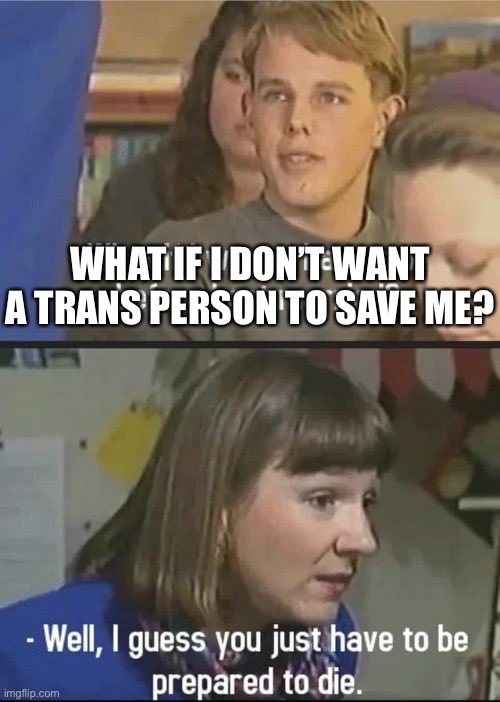Reading And Writing Is My Only Solace In Stem Furjdiejsidjeo
reading and writing is my only solace in stem furjdiejsidjeo
More Posts from Rulingtheworldistoomuchwork and Others










The Untamed + text post memes | Part 1 | Part 2 | Part 3 | Part 5 | Part 6 | Part 7 | Part 8 | Part 9 | Part 10
click on image for better quality








nananananana Batfam!!
°˖ ✧◝(○ ヮ ○)◜✧˖ °
i see a lot of questions asking about how to write dialogue or plot points or characters, but i personally really struggle with the other parts of writing (trying to describe action, or movement from one place to another, or locations through the eyes of the character.) I've tried searching for help but it seems like it's a very niche struggle. I can do plot outlines, i can do characters, I can do dialogue, but I can't do anything else. any advice/places to look?
Struggling with Description and Action
I wouldn't say those are niche struggles. They're actually pretty common, especially among newer writers. They're just prickly terms to search.
As far as describing movement from one place to another, let me just answer that here because it's a quick one. You don't have to describe every movement your character makes, or every movement from one place to another. For example, if your character is sitting in a chair sipping a mug of tea, you don't have to tell us she picked up the mug, raised it to her lips, put her lips on the mug, tilted her head back, and took a sip. That's all unnecessary detail because everyone knows how to drink a cup of tea. If you have already established that the tea is there, all you have to tell us is, "She took a sip of the tea." If you want to illustrate that the tea is still hot, she could blow on it. If you want to illustrate that she's not a fan of tea, you could have her scrunch her nose after she sips it. Those details are telling the reader something they need to know about the character or situation, so they're okay to add.
Likewise, if the character leaves the chair to look out the window, you don't have to tell us she set down the mug, stood up, walked to the window, opened the curtain, and looked out. We've all gotten up from a chair before, and we've all looked out a window before. We know how it works. You can just say, "Lanie stood and went to the window, annoyed to see that snow had stared to fall." As for locations through the eyes of the character, once again, you don't need to go into a lot of detail when it's not important. Your goal is to give the reader a sense of place without bogging them down with a lot of unnecessary details. It's enough to say that your character stepped into the cold, vast throne room. Any details beyond that should tell us something the reader needs to know. Also, it helps a lot to look for inspiration images when you're trying to describe a place. If you need to describe a cozy den, look up pictures of cozy dens and find some you like. Again, you're not looking to describe every or even many details from the picture. You're looking for a way to boil the picture down to a few important points.
Here are some previous posts that might help, and definitely take a spin through my master list of posts (divided into subcategories like description) to look for additional helpful posts:
Adding Description to Your Writing How to Make Your Description More Vivid The 3 Fundamental Truths of Description (And 5 Tips for Cutting Back) Five Things to Help You Describe Fictional Locations Worried About Cutting Too Much From Story
I hope that helps! ♥
you weren’t a “well behaved” child you had anxiety and were terrified of conflict
How to make a character's death sadder
Don’t have them die of old age after a long, fulfilling life. Many people don’t even think of this as sad (note that this can still work if you have enough of the other factors).
Leave one of their major goals unfinished. The more enthusiastic they are about completing the goal, the sadder.
Give them strong relationships with other characters.
Make them fight against whatever is causing their death. Their ultimate loss is sadder if they struggle.
Kill them in the middle of their character arc.
Don’t describe their funeral in detail. Maybe it’s just me, but I find that long descriptions of funerals kill the sadness.
Complex characters are cool and all, but if all you’re gonna do is cry about how the antagonist you’ve imprinted on is “secretly a hero” simply because they were written with as much care and complexity as the story’s actual heroes, then do you even deserve complex characters? Can you handle them?

*deadpan narrator voice*: he DOES have ten children



